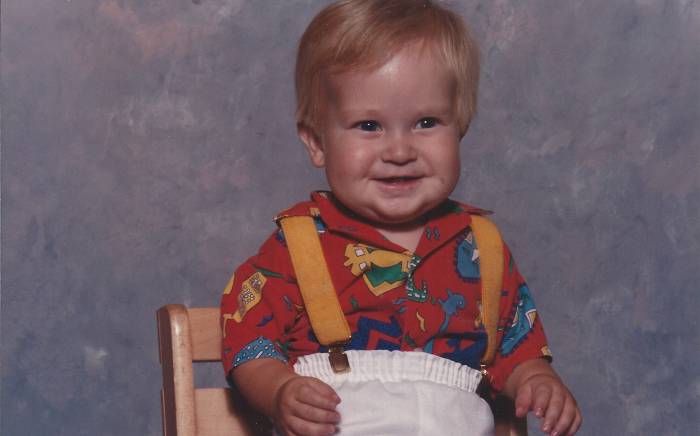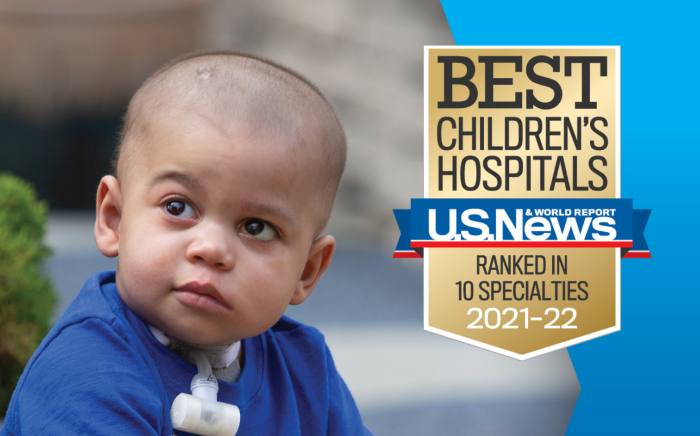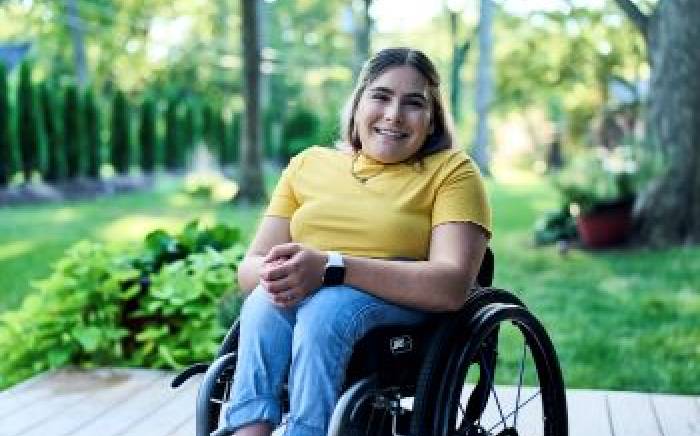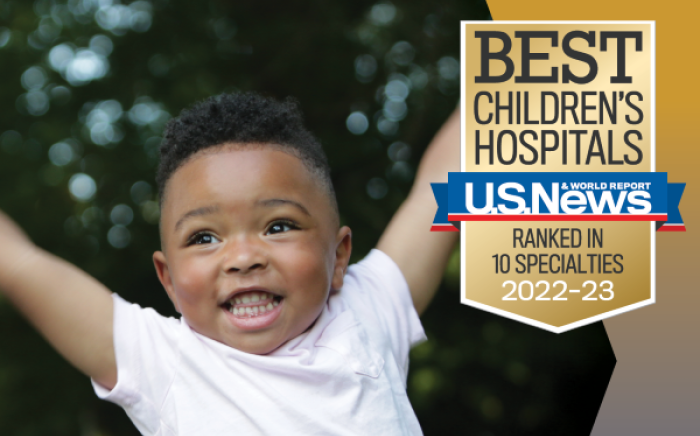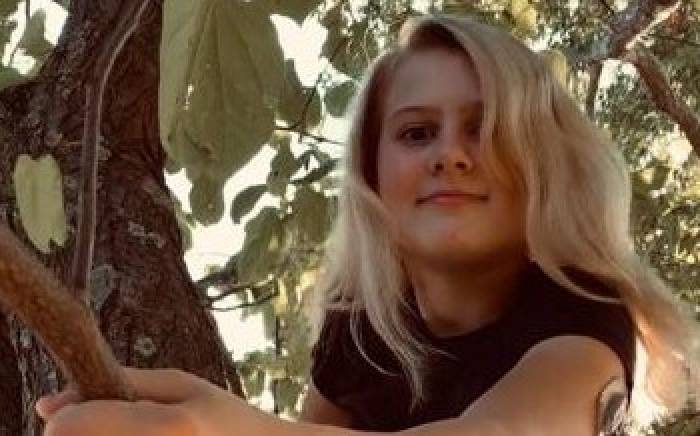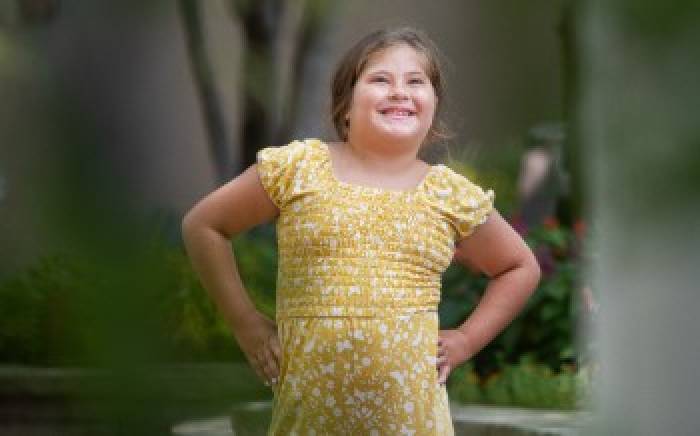When identical twins, Ryder and Wyatt, were born, they received a clean bill of health and were sent home with their parents, Alex and Nicole. But after just 12 days, it was clear something wasn’t right with not just one, but both twin boys. The boys were increasingly lethargic, something Nicole first attributed to their arrival at 37 weeks. But their lack of appetite and missing two feedings in a row was even more concerning, and their mom decided to call their pediatrician. He advised Alex and Nicole to bring the boys to his office right away, even though they were scheduled for checkups the very next day. It became clear later that had they not made that phone call, both boys would not have survived the night.
At the office, it was evident something was very wrong. The twins were so cold the office staff couldn’t even detect a temperature despite the fact that it was summer and the family’s air conditioner had gone out in their home. An ambulance arrived at the office, ready to take Ryder and Wyatt to St. Louis Children’s Hospital. Nicole rode with the boys and Alex followed behind. From the time they stepped through the doors of the emergency room to Ryder and Wyatt being admitted to the pediatric intensive care unit (PICU) was less than 30 minutes.
“It went from a probable hospitalization to a definite trip to the PICU,” says Nicole. Wyatt had to be intubated while the team of medical professionals tried to figure out what was causing these 12-day-old babies to go into cardiac failure. Unfortunately, both Ryder and Wyatt continued to rapidly decline and both boys required extracorporeal membrane oxygenation (ECMO) within 24 hours of arriving at Children’s. Alex and Nicole met with Dr. Ahmed Said, a pediatric cardiac intensivist at Washington University School of Medicine, to have a difficult conversation about everything entailed with going on ECMO — a temporary heart and lung machine that circulates blood and oxygen throughout the body, allowing a child’s organs the chance to rest and recover. “They were at the brink of death and on this heart lung machine that comes with a huge amount of risks,” says Dr. Said. “The blood we drain has to be exposed to artificial surfaces. The risks are very high — bleeding, stroke and brain injury.”
Once the team of doctors realized that each baby was following the same path, a lot of questions needed answers. Was it something genetic or metabolic they were born with? Within a few days, Ryder and Wyatt were both diagnosed with enteroviral myocarditis caused by a specific virus — Coxsackie B5.
They also were failing to make any progress. Both boys were ineligible for a heart transplant or a ventricular assist device, which is used to support heart failure patients who are too sick to wait for a donor heart to become available.
Dr. Anthony Orvedahl, a Washington University pediatric infectious disease consultant, was called to assist with a treatment plan. There are no specific therapies for treating enteroviruses, but he knew of the investigational antiviral drug Pocapavir and brought the information to the family for their consent. Alex and Nicole were ready to try anything to bring their boys off ECMO and save their lives. The team contacted the Food and Drug Administration for emergency usage permission, and it was granted.
Based on initial testing, doctors knew both infants had high levels of the virus in their blood. They were able to watch the virus levels decrease in their blood over time, which gave Dr. Orvedahl and his team the indication the medication was working. After 11 days, Ryder went off ECMO, and Wyatt joined him the next day. It was a very exciting day for everyone involved. After several more weeks in the hospital, the twins were released to go home to join their parents and big sister, Nora.
 Thanks to a partnership with the Centers for Disease Control and Prevention, St. Louis Children’s confirmed the twins contracted the virus after they were 24 hours old, but where is still a mystery that will never be solved. For now, Ryder and Wyatt are doing all the things 4-year-old boys like to do. They still visit The Heart Center at St. Louis Children’s Hospital once a year for follow up but they’ve returned to normal heart function and are no longer taking any medication. They spend their days jumping on their trampoline and using their big imaginations to not only entertain themselves but their entire family.
Thanks to a partnership with the Centers for Disease Control and Prevention, St. Louis Children’s confirmed the twins contracted the virus after they were 24 hours old, but where is still a mystery that will never be solved. For now, Ryder and Wyatt are doing all the things 4-year-old boys like to do. They still visit The Heart Center at St. Louis Children’s Hospital once a year for follow up but they’ve returned to normal heart function and are no longer taking any medication. They spend their days jumping on their trampoline and using their big imaginations to not only entertain themselves but their entire family.
Alex and Nicole are forever grateful for the care their twins received at Children’s. “It matters being at a hospital where they’re striving for excellence and improvement all the time,” says Nicole.
As chief of the infectious diseases division, Dr. David Hunstad echoes her sentiments. “Here at St. Louis Children’s Hospital and with our Washington University partners, we have a very strong environment in infectious diseases, microbiology, immunology — all the things that bear on understanding how a virus like this does what it was doing to Wyatt and Ryder.”

